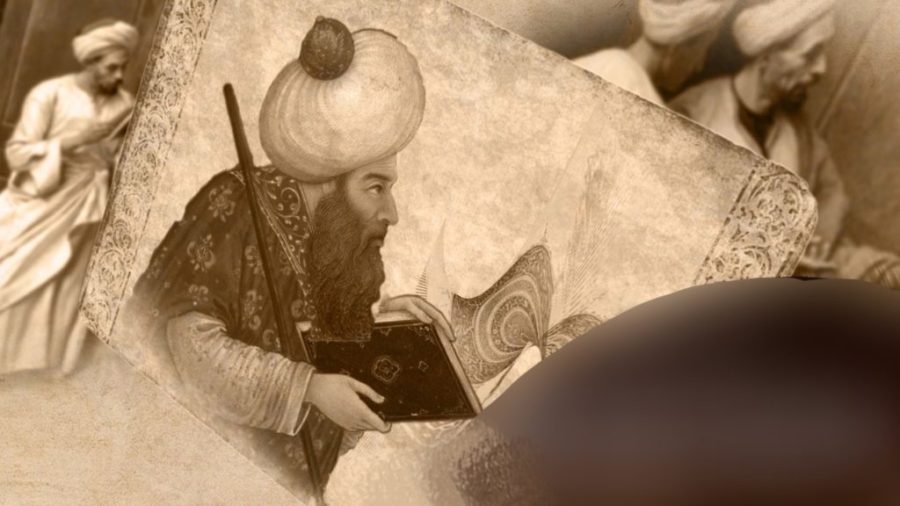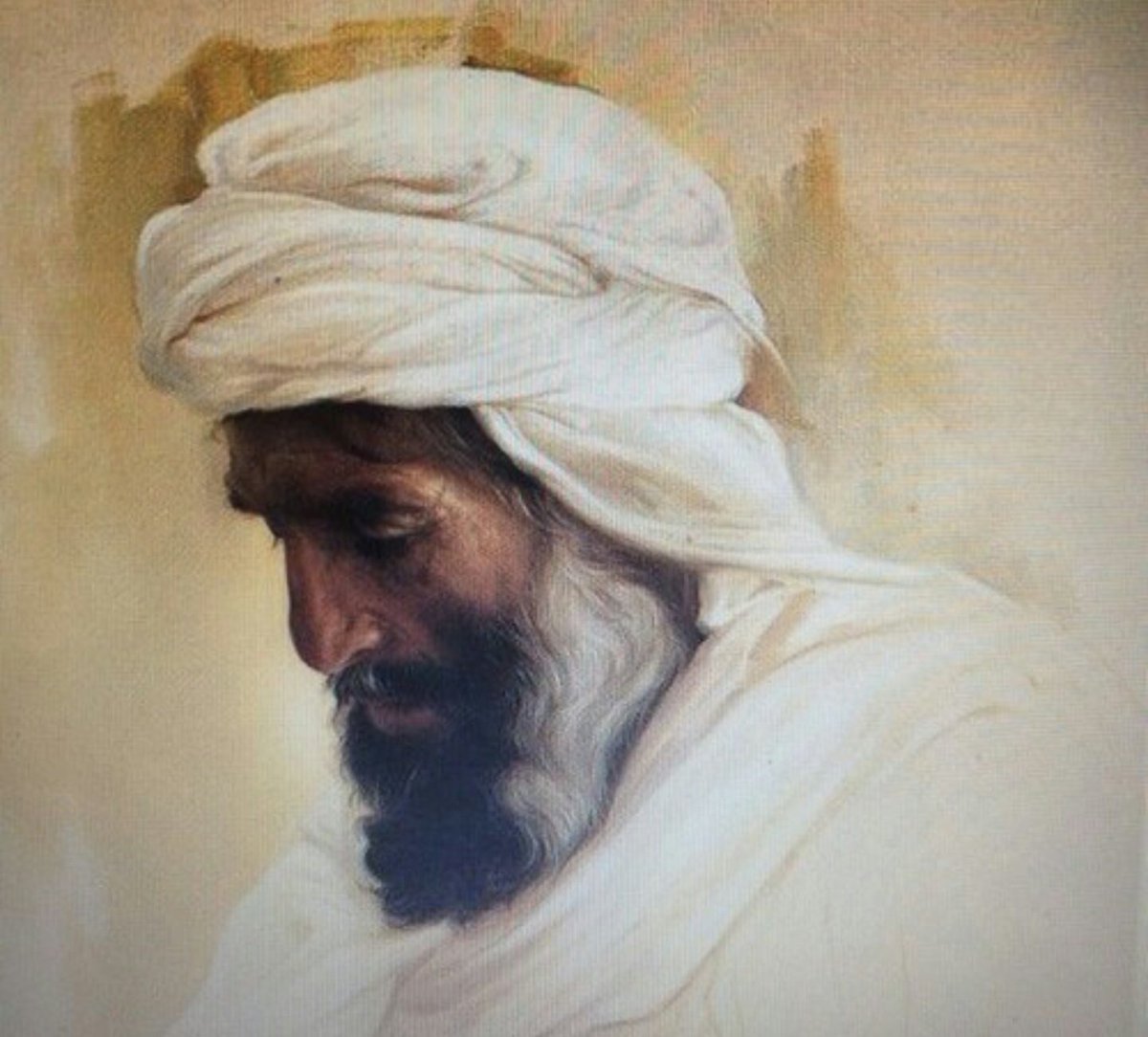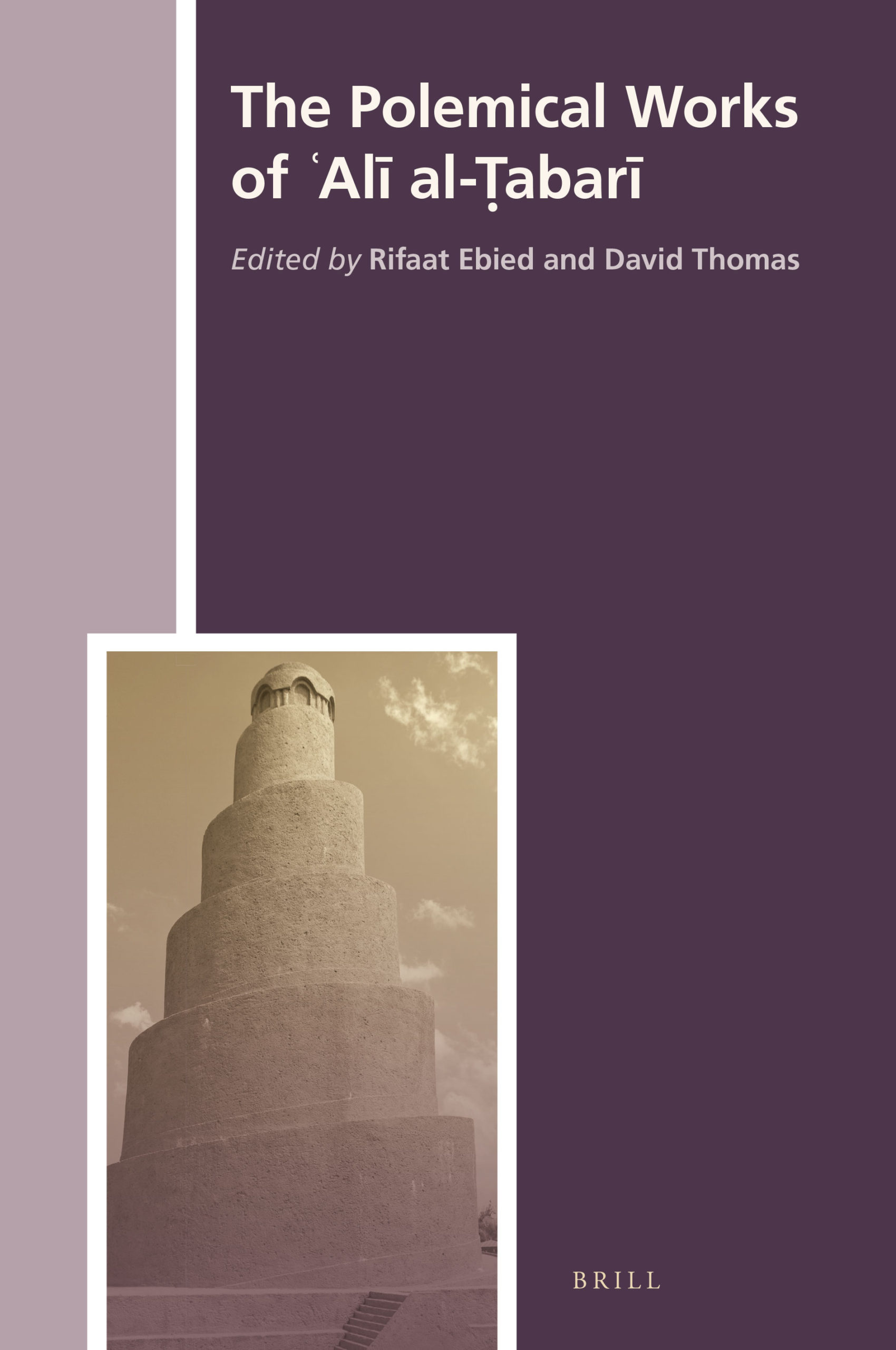
Ali ibn Rabban at-Tabari and his polemical writings
Prominent scientist and physician Ali ibn Rabban at-Tabari was a Christian of Jewish origin who converted to Islam at the age of 70, writes the Pondering Islam website.
Ali ibn Rabban at-Tabari was born into a family of Syrian Christians of Jewish origin. They call different dates of his life – 838-870, 810-855, 808-864, 783-858. His father Sahl ibn Bishr was a scientist, served as an astrologer for the governor of Khuzistan, and then for the vizier of Baghdad. His son received from him knowledge in medicine, natural sciences, calligraphy, philosophy and literature. Ali ibn Rabban at-Tabari became famous as a doctor and psychologist. He wrote one of the first encyclopedias on medicine, Firdaus al-hikma (Paradise of Wisdom), and is the author of 11 more books, most of which are devoted to medicine. The renowned Muslim physician and philosopher Abu Bakr Muhammad ibn Zakariya ar-Razi(865-925), considered one of the most important figures in the history of medicine, was his student. Ali ibn Rabban served at the court of the Abbasid caliphs al-Mutasim (833-842) and al-Mutawakkil (847-861). He was so close to the caliphs that he sometimes called them by personal names in his works.
At about the age of 70, Ali ibn Rabban converted to Islam, and then wrote two treatises in which he criticized Christianity – Radd ala-n-nasara (Refutation of Christianity) and Kitab ad-din wa-d-dawla ( “The Book of Religion and State”). In the latter, he substantiated the truth of the prophetic mission of Muhammad (peace be upon him) on the basis of mainly biblical evidence. The arguments he made against Christianity in these two works influenced Islamic polemical literature. Since Ali ibn Rabban was fluent in Syriac and Greek, he read the texts of the Gospelsin the original, carefully comparing them with Christian dogma. Apparently, he had doubts about her even when he was a Christian. For example, in the doctrine of the Incarnation. In his treatise, he writes that this is one of those issues that pushed him away from Christianity.

Source: twitter.com
In Radd ala-n-nasara, Ali ibn Rabban writes: “My intention in what I have stated and established in this book is not to refute Christ (peace be upon him) or the people of his truth, but those Christian sects that oppose Christ and the Gospels, and distort his words. No Muslim will read my book without increasing joy, and no Christian will read it without facing a daunting choice: either abandon their religion and find flaws in its foundations, or find in it what he considers wrong and doubt in this for the rest of his life, since the proof of the rationality and correctness of revelation will become clear to him, if it is the will of Almighty God. “
On the nature of Christ, Ali ibn Rabban writes: “We will ask them [Christians] about Christ – is he the eternal Creator, as stated in their doctrine, or is he a chosen person, as stated in our creed, or is he a God-man, as some of them?
If they say, “He is a man created by [God] and sent [by Him as a messenger],” they agree with the Muslims in their doctrine. And if they say: “No, he is God, Creator and eternal,” they are at odds with the Gospels and other books and do not believe in them. For in chapter 8 of his Gospel Matthew invokes the prophecy of Isaiah, the Book of which says from God, the Great and Mighty: “Behold, my servant (in the Russian translation the word“ youth ”is used), whom I hold by the hand, my chosen one, whom he delights in my soul. I will put My Spirit on Him, and He will declare judgment to the nations, ”testify that Christ (peace be upon him) was a servant.
This is a clear statement, not some inarticulate murmur, and Isaiah was a prophet , not an accuser, and his prophecies are confirmed by the gospel. For a servant cannot be divine, and a Deity cannot be a servant, as you called him.

The Polemical Works of ʿAlī al-Ṭabarī / Source: brill.com
So, Christians, think about this: his disciple Mark wrote in his Gospel that while on the cross, Christ exclaimed: “My God, My God! Why did you leave me? ” And these were his last words on earth. And Matthew says in chapter 20 of his Gospel that Christ took the bread , broke it and gave a piece to the disciples, saying, “This is my flesh.” And he gave them a cup of drink, saying, “This is my blood.”
He who has flesh and blood is a body, and each body has length, width and depth, and that which exists in this way can be measured and weighed. But God – great is His glory! – cannot be measured or weighed, because everything that can be measured is limited, and everything that is limited decays and disintegrates. Luke in chapter 3 of his Gospel, describing Christ (peace be upon him) when he was a child, says: “Jesus prospered in wisdom and age and in love with God and men.” The same chapter says: “The child grew and became strong in spirit, being filled with wisdom, and the grace of God was upon Him.” The Eternal Creator cannot address someone as God, or say that he was a child and the grace of another eternal God dwelt on him. “
“Radd ala-n-Nasara” and “Kitab al-Din wa-e-Daula” have been translated into English and published under the title “polemical writings of Ali al-Tabari » (The Polemical Works of’Alī al -Ṭabarī) in 2016 …
Islamosphere

